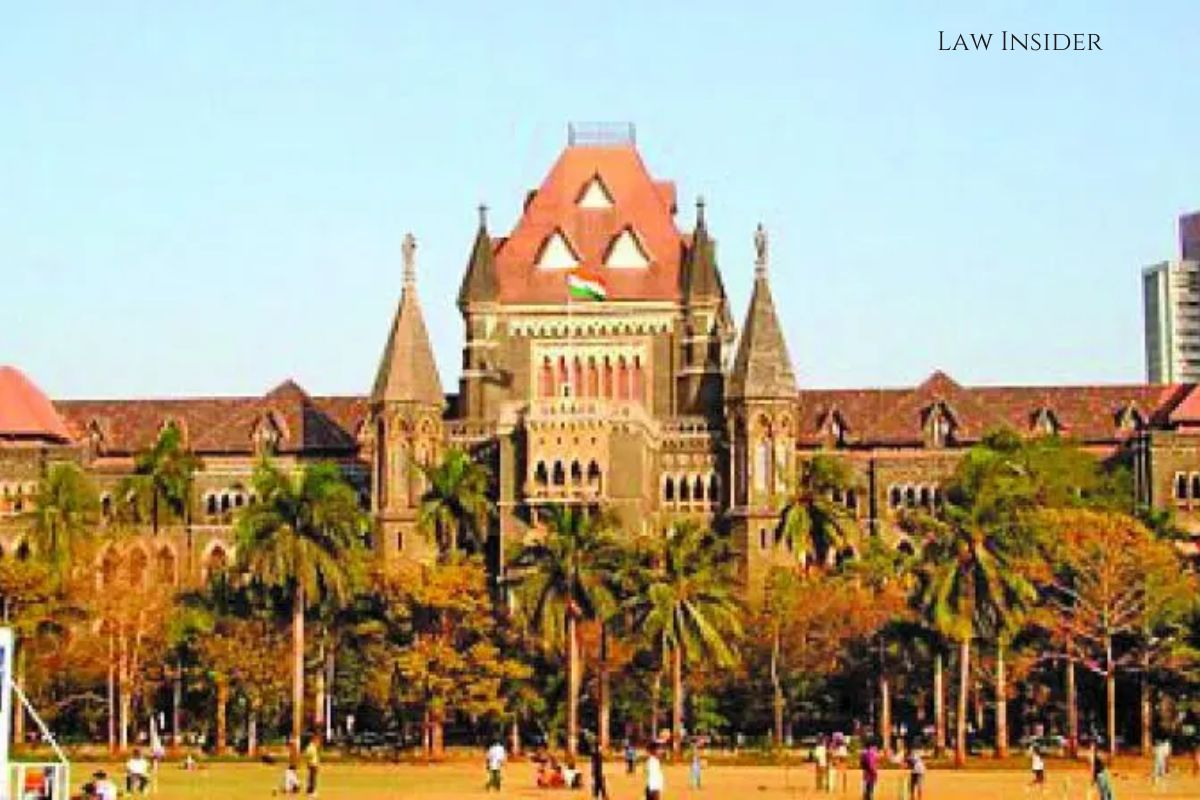LI Network
Published on: 8 September 2023 at 18:59 IST
The Maharashtra government has justified the Pandharpur Temples Act in the Bombay High Court, emphasizing that it was enacted to safeguard the interests of the Vitthal and Rukmini temples in Pandharpur and to protect devotees from the exploitation of priestly classes.
The government’s response came in the wake of a petition filed by BJP leader Subramanian Swamy and Jagdish Shetty challenging the provisions of the Act, asserting that it does not violate the fundamental rights of devotees, as claimed in the plea.
Pandharpur, located in Solapur district, houses the revered Lord Vitthal and Goddess Rukmini temples, attracting thousands of devotees who undertake an annual pilgrimage to the town.
The government’s affidavit, filed on August 24, explained that special circumstances warranted the enactment of the Pandharpur Temples Act, as these temples hold a unique position in the state.
The Act was introduced to safeguard the temples, their properties, endowments, and the multitude of pilgrims from the alleged misconduct of the priestly classes.
The government stated that complaints of temple mismanagement by these classes had necessitated the Act.
The affidavit, filed by the deputy secretary of the state Law and Judiciary department, refuted claims that the state arbitrarily seized control of the Pandharpur temples.
It clarified that the primary goal of the Act was to improve temple administration and governance.
The Act, according to the government, does not impede devotees’ rights to practice their religion and was introduced in the interest of the general public.
In response, the petitioners, Swamy and Shetty, maintained that the Act’s provisions infringe on the fundamental rights of Lord Vitthal and Goddess Rukmini’s devotees and Hindus at large.
They argued that the state can only take over a temple’s property and administration for a temporary period in cases of financial mismanagement.
According to their petition, the Pandharpur Temples Act of 1973 abolished hereditary rights and privileges of ministrants and priestly classes for governing and managing the Vitthal and Rukmini temples.
It allowed the state government to oversee administration and fund management.
The government contended that the Pandharpur temples are open to individuals of various faiths and philosophies and do not constitute religious denominational institutions.
It pointed out that in the 1960s, numerous complaints were received regarding temple mismanagement, harassment, and exploitation of devotees.
In response, a Commission of Inquiry was formed to investigate and recommend changes for better temple management.
The Act was subsequently introduced to abolish hereditary rights and privileges, ensuring effective administration, and making social welfare and religious practice reforms possible.
The government asserted that the Act did not affect protected religious rights, ensuring that religious rites and practices could continue as per tradition.
The government highlighted that the Act had previously been challenged by three temple priestly classes and had been upheld by trial courts, appellate courts, the high court, and the Supreme Court.
In their February petition, Swamy and Shetty argued that the Maharashtra government had arbitrarily assumed control over the administration of Pandharpur’s temples. A division bench of the Bombay High Court is scheduled to hear the case on September 13.
The PIL contended that the government’s actions were infringing upon Hindus’ rights to practice, profess, and propagate their religion and manage Hindu Religious Endowments in matters of faith

